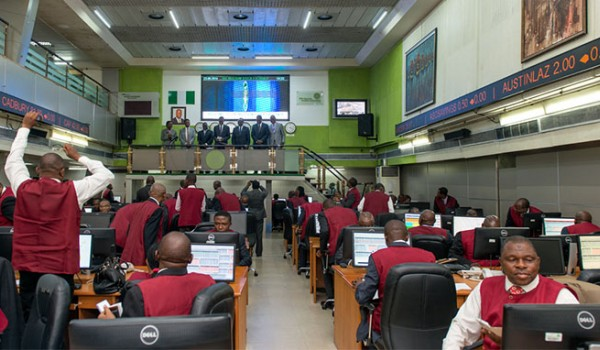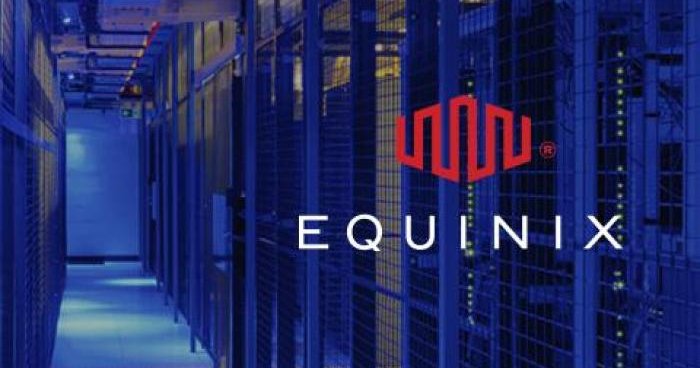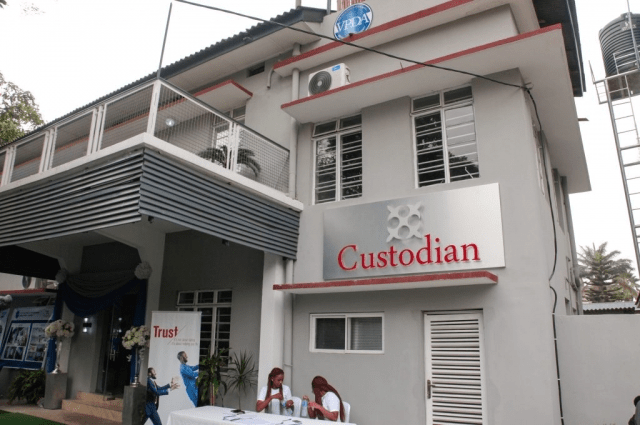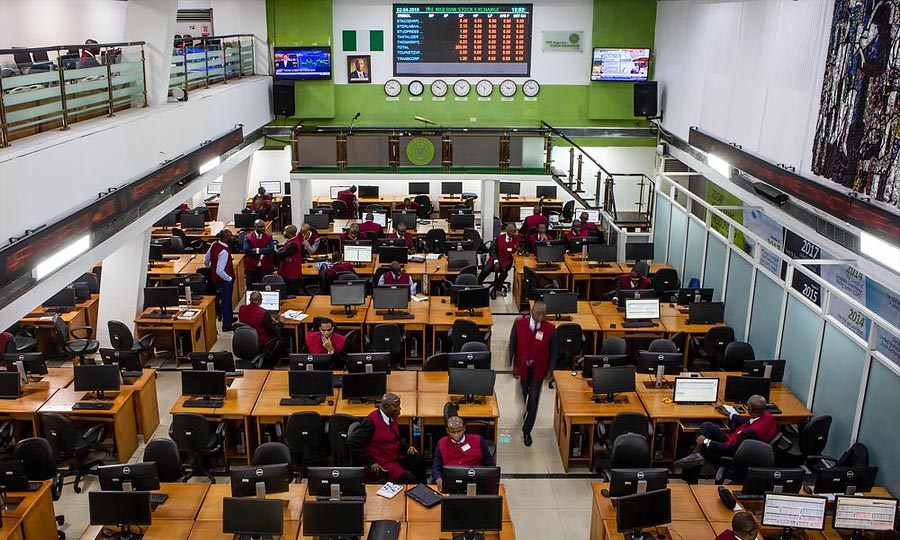Wole Olufore
A budget is a crucial tool for national development. It plays a vital role in driving economic growth, improving infrastructure, and ensuring the efficient allocation of resources. The 2025 national budget, titled “Budget of Restoration: Securing Peace, Rebuilding Prosperity,” highlights this reality.
With a population of over 220 million and over 28 million housing deficit, Nigeria’s housing deficit remains a major concern for stakeholders in the real estate sector. It is no surprise that experts continue to advocate for increase funding from government and players in the sector.
The 2025 budget hints at a government that has listened to this concern. It is sparking a wave of optimism among stakeholders. N23.84billion is budgeted for residential buildings and N10.27billion for the rehabilitation and maintenance of government-owned infrastructures across the country. The ₦10.37 billion allocated for rehabilitation and maintenance is a critical step toward addressing the decay of existing housing stock, especially in urban areas where ageing infrastructure is a pressing concern.
From all indications, the 2025 Nigerian National Budget presents a transformative opportunity to lay the groundwork for smart cities, positioning Nigeria as a hub of innovation, efficiency, and sustainability. Experts argue that with a strong focus on infrastructure development, the budget can catalyse the creation of urban landscapes powered by cutting-edge technology.
Reliable power supply is equally critical, as consistent electricity is the backbone of smart systems like automated streetlights and home automation. The budget’s emphasis on improving power infrastructure is a vital step toward achieving this. Additionally, investments in smart transportation—such as intelligent traffic management and intra-city rail systems, as seen in Lagos—can revolutionise mobility, reducing congestion and promoting sustainability.
The budget emphasises affordable housing through initiatives like the ₦250 billion Ministry of Finance Real Estate Investment Fund (MREIF). This presents a significant opportunity for private sector players, such as Alpha Mead Group, to collaborate with the government in addressing Nigeria’s housing deficit. Through public-private partnerships, private sector players can engage in joint ventures, concession agreements, or build-operate-transfer (BOT) models to develop and manage affordable housing projects.
Macroeconomic Stability: Boosting Investor Confidence
The 2025 national budget projects a decline in inflation to 15 per cent and an improved exchange rate. These macroeconomic improvements could significantly boost investor confidence in Nigeria’s real estate market. A decline in inflation will increase the purchasing power of the naira, making real estate investments more attractive while lower inflation will also lead to reduced interest rates, making borrowing for real estate investments more affordable. Also, an improved exchange rate is expected to make the Nigerian real estate assets more attractive to foreign investors while also lowering the cost of imported building materials and equipment, thereby reducing development costs. These combined effects of a reduced inflation and an improved exchange rates create more stable and predictable market environment, which is crucial for attracting long-term real estate investments.
The Future of Nigeria’s Real Estate and Facility Management in Nigeria
Addressing the existing land reform and urban planning challenges is equally pertinent, as implementing a digitalised and transparent land titling and registration system will help reduce land disputes and facilitate land acquisition.
Similarly, government must prioritise infrastructure investment by allocating sufficient funds to infrastructure development in areas such as transportation, water, power etc as well as promote renewable energy and smart infrastructure solutions to improve its efficiency, reduce cost and enhance the quality of life in the urban areas.
In the area of regulatory framework and environment, government must strengthen existing building codes and regulations to ensure safety, quality and sustainability in real estate development.
With the increasing clamour for affordable housing and social inclusion, government must develop and implement policies that promotes the development of affordable housing including the provision of subsidies, tax incentives to real estate investors and efficient land allocation.
The 2025 Nigerian Budget may well represent a significant step forward in addressing the country’s housing deficit and infrastructure challenges. With targeted allocations for residential buildings, rehabilitation, and affordable housing, the budget provides a framework for sustainable growth in the real estate and facility management sectors. Its success will however depend on effective implementation, private sector collaboration, and policy reforms.
Alpha Mead Group as a market leader is at the forefront of this transformation. It is actively leveraging its expertise in real estate development, facility management, and technology to help bridge Nigeria’s housing deficit and enhance urban infrastructure. By aligning with the government’s vision and addressing key challenges, Alpha Mead Group is poised to play a pivotal role in shaping the future of Nigeria’s real estate and facility management sectors.
Wole Olufore, Group Executive Director (GED), Alpha Mead, is a seasoned business leader, Facility Management technocrat, and industry strategist with more than 30 years cognate experience handling various contracts and dynamic leadership roles in oil and gas companies like Shell Nigeria and Centrica Resources before venturing into the Real Estate space driving operational excellence in facilities management in Nigeria and Africa. Wole holds an MBA from Nottingham Trent University in the UK and is a member of African Centre for Supply Chain, Chartered Institute of Purchasing & Supply, London, and the American Management Association





